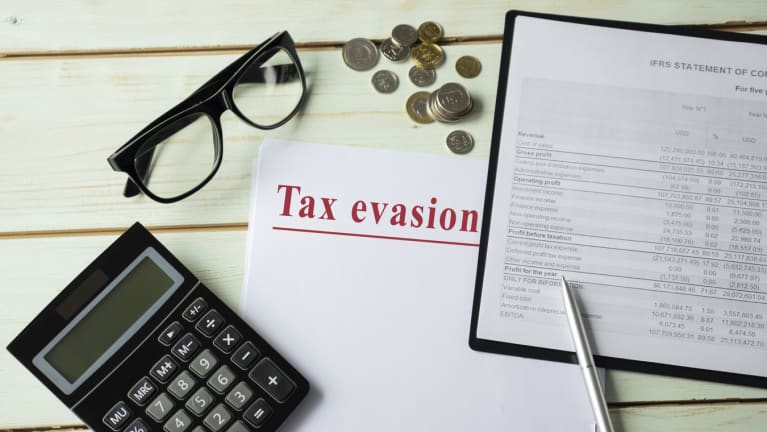

?The U.S. Occupational Safety and Health Administration (OSHA) recently adopted a new rule that outlines whistleblower protections under the federal Taxpayer First Act (TFA). The final rule took effect on March 13.
It protects whistleblowers who testified about tax violations or assisted a government investigation of tax violations.
The rule prohibits any kind of retaliation, including intimidation or undesirable reassignment of duties, against employees who report tax fraud or underpayment of taxes, said Sonya Rosenberg, an attorney with Neal, Gerber & Eisenberg in Chicago.
Illegal retaliation includes:
- Firing or laying off.
- Demoting.
- Denying overtime or promotion.
- Disciplining.
- Denying benefits.
- Failing to hire or rehire.
- Reducing pay or hours.
- Making threats.
- Blacklisting.
- Reporting someone to police or immigration authorities.
To allege retaliation, workers must file complaints within 180 days after the retaliatory action.
It’s too early to tell if the new rule will eventually lead to more whistleblowers coming forward with complaints about tax fraud or underpayment of taxes.
“Typically, a pretty limited control group of finance folks and company executives is involved with an employer’s tax-related filings and decisions, and these employees don’t often complain of irregularities to external government agencies, partially because they are typically involved in the relevant decision-making,” Rosenberg said.
Congress enacted the TFA in 2019 to reform the IRS and require the IRS to work collaboratively with the private sector to prevent tax fraud.
Tips for Compliance
Employers should carefully and thoughtfully handle any complaints about unlawful activity or company policy violations, even if the employer can’t confirm any violations occurred, Rosenberg said. The TFA and other federal and state whistleblower protections may apply if an employee reasonably believed that a violation took place, even if a violation didn’t actually occur.
“Generally, best practice is to investigate the employee’s concern, take appropriate remedial or corrective action, if any, and document the investigation and any action taken,” Rosenberg said. “It is important to close the loop with the employee, regardless of whether the investigation substantiates any issue, to confirm the issue was taken seriously and appropriately looked into and addressed, and to reiterate the employer’s broadly applicable anti-retaliation mandate.”
To avoid retaliation lawsuits, employers should understand that whistleblowers may be protected even if there are other unrelated reasons for an adverse employment decision.
“The protected activity does not need to be the only reason for the adverse action, but rather can be one of many reasons. As such, employers should take particular care when deciding whether to discipline or terminate an employee who has recently raised concerns regarding tax compliance to ensure that the decision is based solely on legitimate, nonretaliatory reasons,” said Alexandra Romero, an attorney with Arent Fox Schiff in Washington, D.C.
Employers should train managers on what the new OSHA rule requires. “Managers frequently make decisions regarding compensation, employee discipline and even termination, so it is important that they have a clear understanding of what constitutes protected activity under this rule that cannot influence those decisions,” Romero said.
The consequences for noncompliance are costly. “The rule provides significant penalties for any complaint that is substantiated, including possible reinstatement of the employee, plus damages equal to 200 percent of the amount of back pay owed to the employee, including interest, as well as the employee’s litigation costs and attorneys’ fees,” Romero said.
In addition to tax violations, employees are protected under federal laws when they report workplace safety problems, money laundering, mail fraud, environmental hazards, railroad and mine hazards, and health insurance violations.
Beyond the federal laws, you should be aware of state laws protecting whistleblowers from retaliation. Some states only have laws protecting government workers, while some states protect private-sector workers, and others protect both, according to the National Whistleblower Center in Washington, D.C.
“Many states already permit a cause of action for wrongful discharge where an employee is terminated for protesting unlawful activity on the part of their employer,” Romero said.
